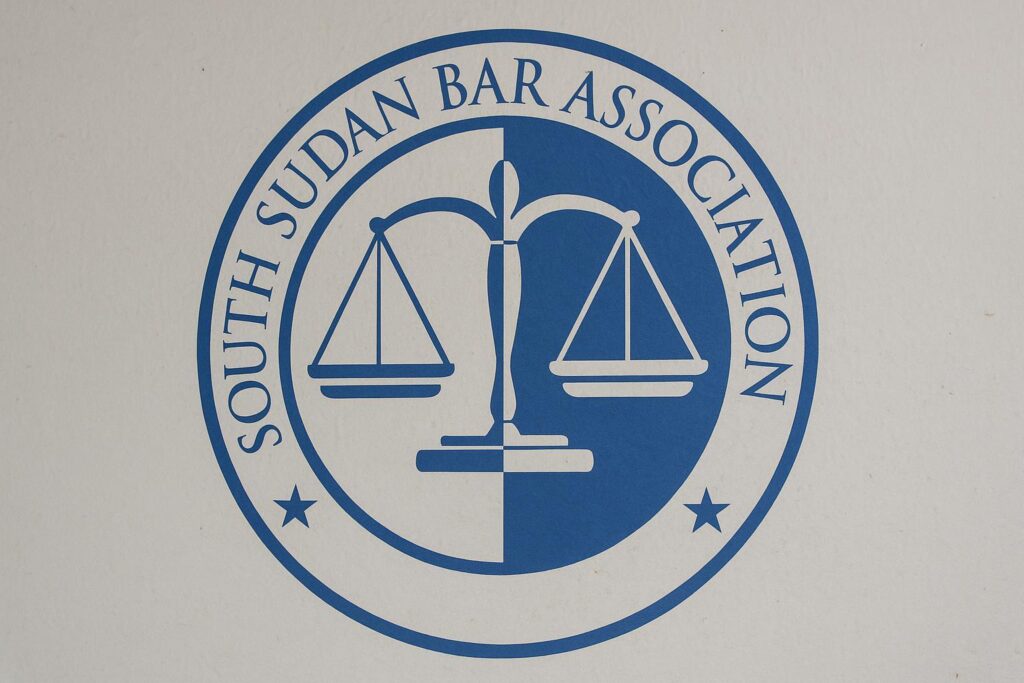Justice Stakeholders Plan National Conference
Juba’s legal community is preparing for a nationwide Criminal Justice Conference designed to refresh South Sudan’s justice architecture and build consensus on overdue procedural reforms.
The Bar Association will co-organise the dialogue with the judiciary, placing the Criminal Procedure Act at the centre of deliberations.
High-Level Meeting Sets Reform Agenda
Details emerged after Justice Minister Dr. Joseph Geng Akech met Bar Association President Arop Maliuth and council members in Juba, signalling government backing for a structured review of court processes.
Officials say the conference will gather judges, prosecutors, defenders and civil society to examine bottlenecks from arrest to appeal.
Spotlight on Criminal Procedure Act
Enacted a decade ago, the Act remains only partially operational, leaving gaps in detention timelines, bail, and evidence management.
Conference panels are expected to debate amendments that could speed trials, protect defendants’ rights, and clarify the roles of customary courts alongside statutory benches.
Reviving the Legal Training Institute
Participants agreed to activate the dormant Legal Training Institute established by the 2013 Act, emphasising continuous professional education for advocates.
Secretary-General Stephen Martin Nechar told state broadcaster SSBC that the institute will ‘bring lawyers good’, aligning legal curricula with regional standards.
Ethics and Accountability in Focus
Stakeholders also endorsed drafting new Advocate Ethics Regulations to strengthen disciplinary procedures and reinforce public confidence in legal services.
Licensing criteria, continuing education, and harmonisation of statutes under the Advocates Act will anchor the proposed code.
Broader Access to Justice Goal
Both the Ministry and the Bar Association pledged closer cooperation with police, prisons and community courts to extend legal aid nationwide.
Organisers say the forthcoming conference should produce actionable recommendations that can be translated into draft bills and administrative directives without delay.


